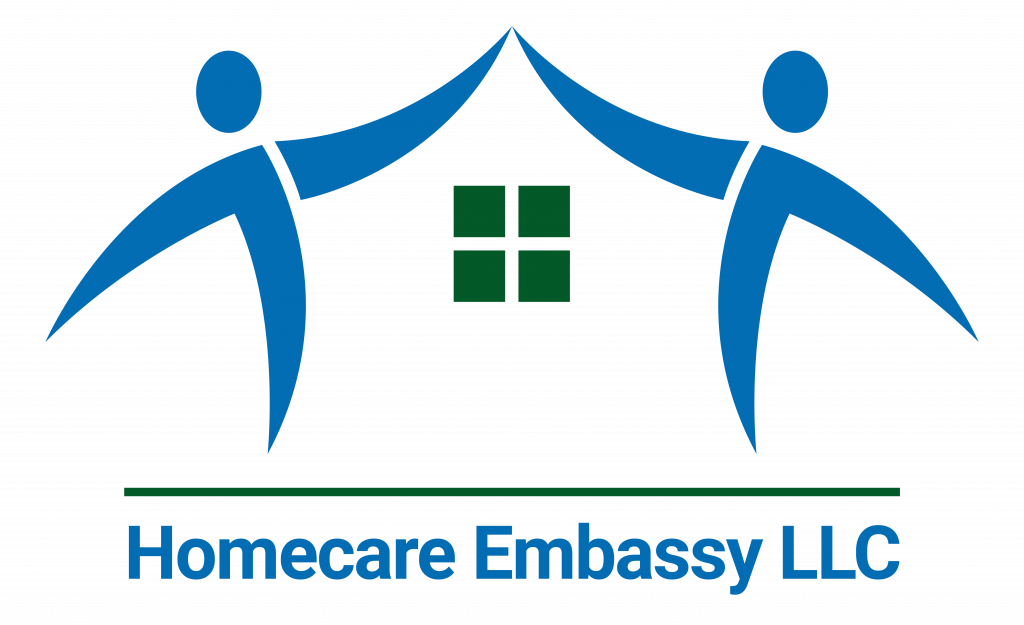As your loved one gets older, it’s important to take care of their personal hygiene, but it’s not always easy to intervene if you see them struggling. Poor hygiene can lead to nasty illnesses and skin problems, so you or your loved one’s caregiver may need to convince them to accept some help gently.
This is due to lack of movement, fear of slipping in a wet toilet, and poor health. Regular showering is essential for maintaining a healthy lifestyle as it helps to avoid infections and skin diseases. They are more likely to accept help if they feel it will allow them to retain some degree of independence. Find out how to ensure the personal hygiene of the elderly while protecting their dignity.
Personal care for older adults who cannot wash or dress themselves
Helping an older person with limited mobility with laundry will require a unique strategy. They will not be allowed to go to the toilet, so they will have to do everything in bed. For the personal hygiene of the elderly, caregivers will use special sponges and cleaning products. Quite convenient are waterless foams and creams that do not require rinsing and can be used in private areas. Adult diapers, disposable or washable abstinence pads, and plastic or PVC covers to protect mattresses should be available to caregivers. If the elder suffers from urinary incontinence, they will come to his aid.
Pressure ulcers can be a problem for older people who are bedridden. Remember to dry and moisturize their skin properly. Massage that enhances microcirculation can help, as well as regular posture correction.
Seated exercises
Older people who need 24-hour care and cannot leave their homes can benefit from a bit of exercise. For the personal hygiene of the elderly, sitting exercises, such as leg raises several times or weight lifting, can help people with limited mobility maintain muscle tone. Some yoga poses can be done while sitting, and yogic meditation while exercising can help people feel less stressed, anxious, or overwhelmed.
Because people aged 65 and over spend an average of 10 or more hours sitting, you must encourage your elderly relatives to get as much physical and mental exercise as they can. Even light to moderate exercise can improve their physical and mental well-being, allowing them to remain independent longer and achieve the best possible quality of life as they age.
Consider the person’s life decisions
Consider the person’s lifestyle choices when taking care of themselves, such as clothing choices and haircuts. Allowing people to choose their own wardrobe is critical to maintaining independence.
Most people have a solid idea of what clothes and hairstyle suit their personality and personal tastes. Depriving people of their choice of clothing and accessories can be detrimental to their dignity and mental health.
Maintaining a neat and decent appearance is also important for older people’s self-esteem. It is critical to avoid making assumptions about what constitutes appropriate hygiene standards for different people. When evaluating requirements, be sure to consider cultural variables.
Create a soothing environment
Some older people are ashamed of their need for help with washing and cleaning. Creating a pleasant environment is one way to help soothe and soothe your loved one. Play classical music or tunes that your loved one enjoys. To help distract the user from ongoing hygiene duties, keep any preservation natural and informal. Give your loved one as much freedom as possible, but feel free to intervene when help is clearly needed.
Invest in hygiene products
There are many items on the market designed to help the elderly with typical hygiene problems. You can make your loved one’s life a little easier by gifting them some of these products. Older people with strength or balance problems can use chairs or benches for showers. For older people who want to take care of their hygiene, bathing towels, shower brushes with long handles, shampoo caps that do not need to be washed off, and handy nail clippers can be helpful. Hair wash trays and other accessories can make it easier for caregivers to carry out hygiene activities quickly and painlessly.
Final words
Personal cleanliness is related to general health. Many skin diseases and health problems in the elderly can be avoided by practising good hygiene. Good personal hygiene practice can boost their self-esteem and self-esteem. Being clean and presentable can boost self-esteem and a positive attitude. We often overlook the importance of cleanliness in our daily lives. Let’s make joint efforts in this direction. For more information about personal hygiene care for the elderly,
Contact
https://homecareembassy.com/
Helpful Sources:
https://www.ncbi.nlm.nih.gov/pmc/articles/PMC4597813/
https://www.researchgate.net/publication/6691265_Oral_hygiene_of_elderly_people_in_long-term_care_institutions_-_A_cross-sectional_study
https://sloap.org/journals/index.php/irjeis/article/view/518
